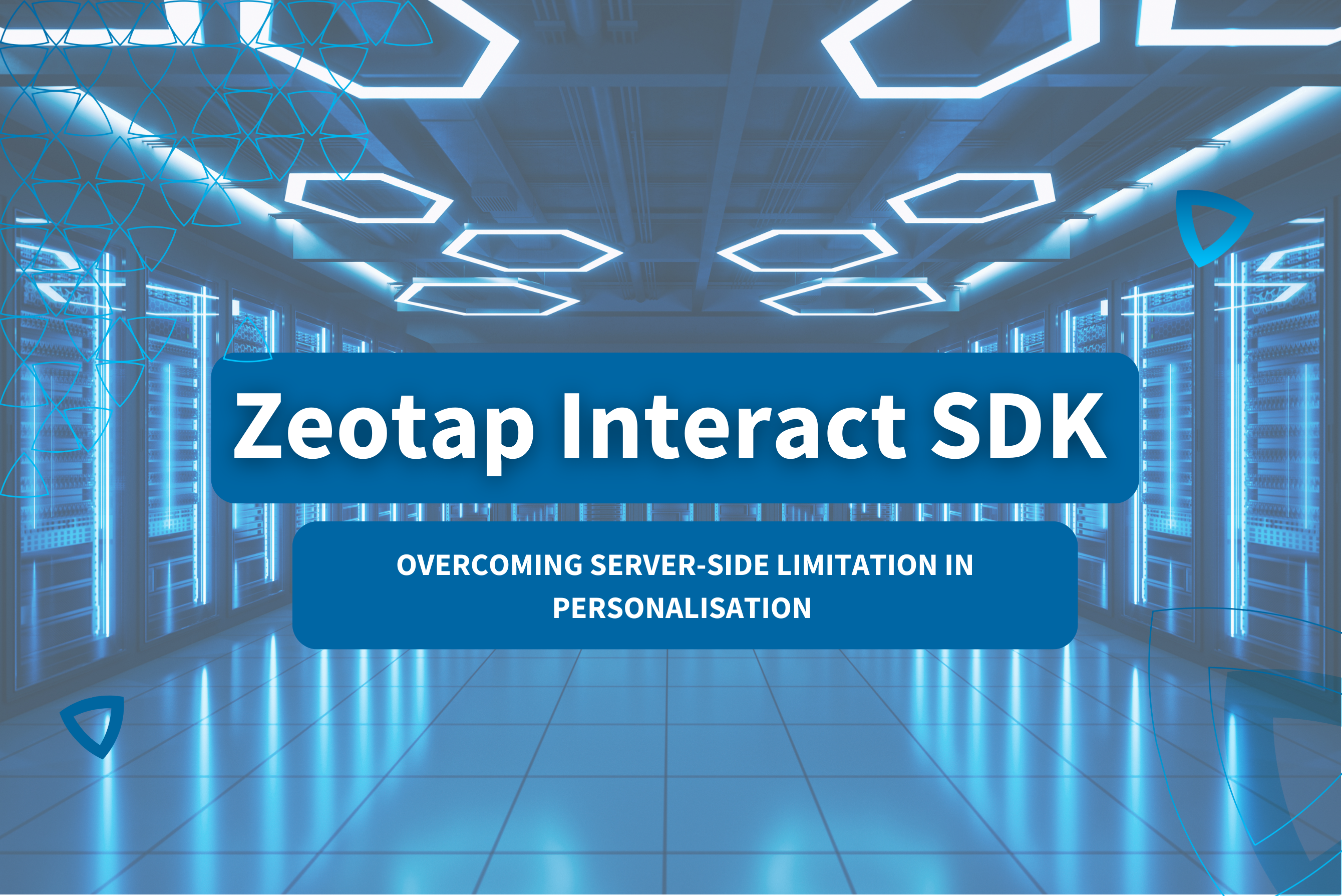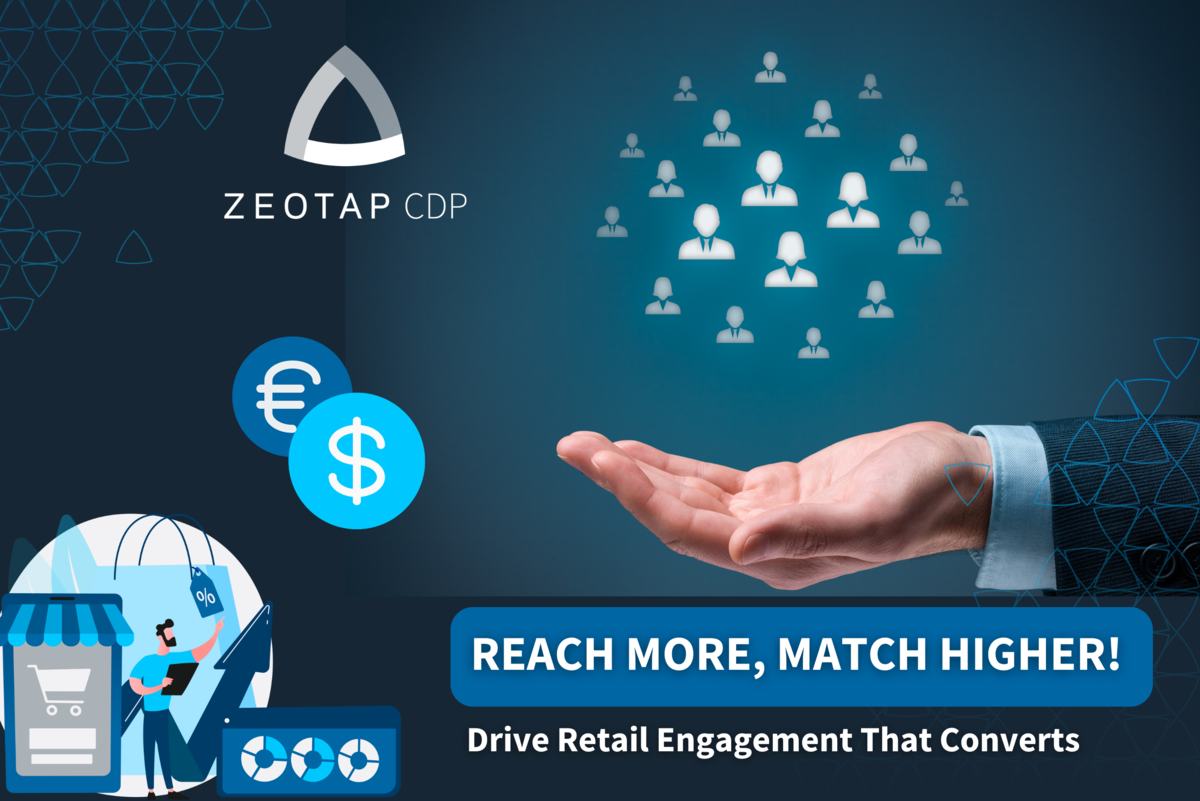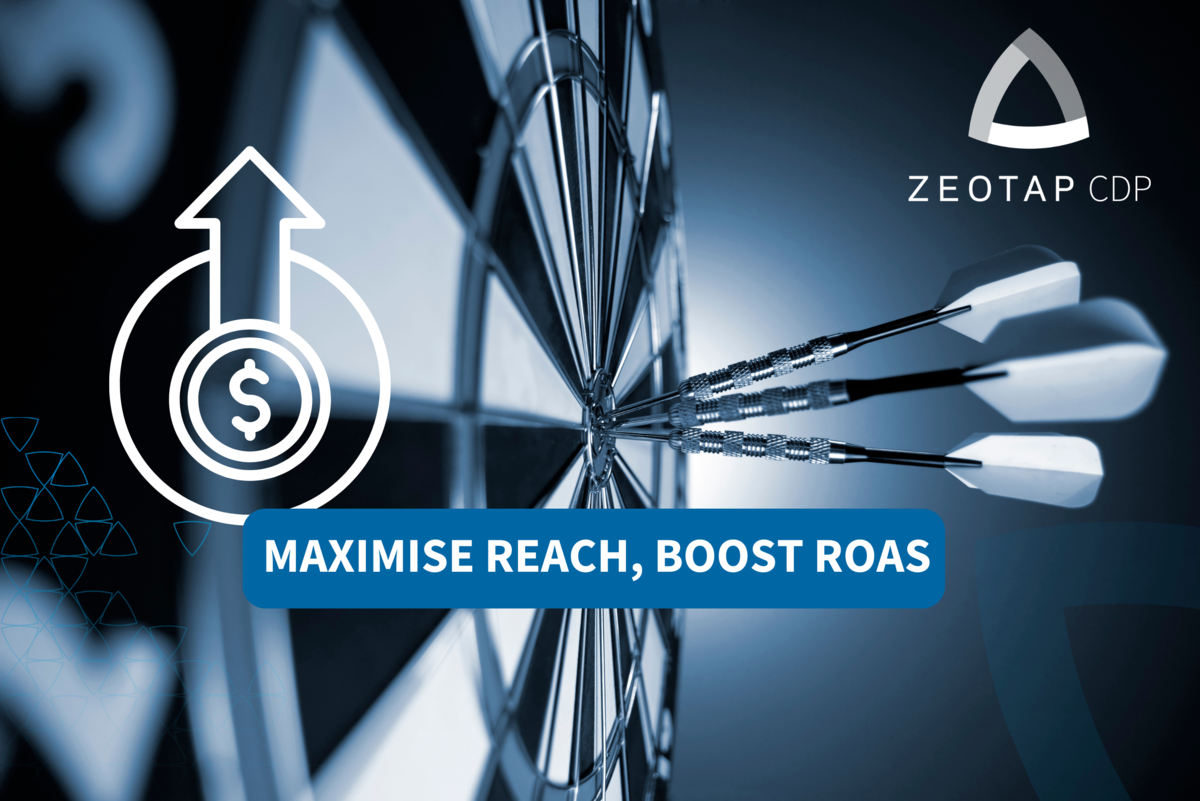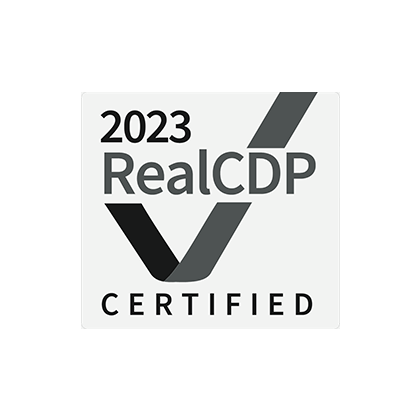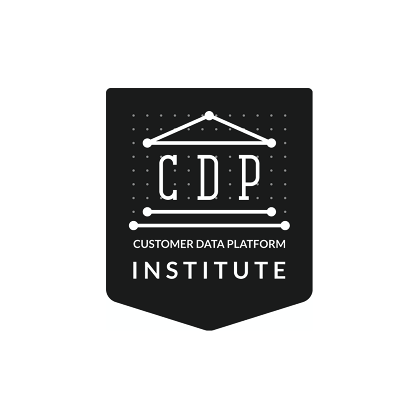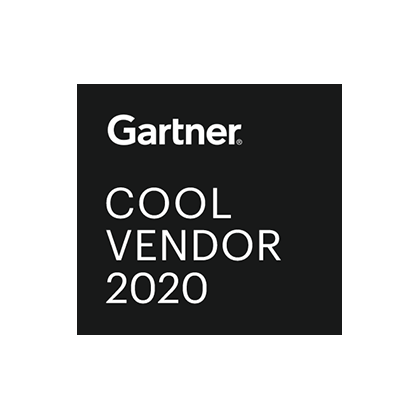The surging demand for customer data platforms (CDPs) is a direct response to brands adapting to the ever-expanding digital landscape of customer interactions. The CDP Institute defines a CDP as a “packaged software that creates a persistent, unified customer database that is accessible to other systems”. Unifying and centralising customer data from diverse sources such as websites, mobile apps, social media, and offline channels has become a critical requirement. This consolidation enables companies to establish a 360-degree view of their customers, ensuring consistent data across all teams. Furthermore, the need to deliver personalised and relevant experiences across various touchpoints has fueled this demand.
In today’s market, every major enterprise SaaS Company offers a CDP solution, bundling it with other products for seamless integration. However, it is crucial to consider the downsides of this approach and evaluate the benefits of investing in a platform-agnostic CDP.
Understanding the current CDP landscape is essential. By definition, all CDPs perform activation, with real CDPs excelling in this aspect. However, only a select few CDPs perform orchestration, allowing marketers to execute cross-platform journeys. Traditional marketing automation tools possess a single-platform view of journey orchestration, limiting their capabilities. It is the advanced CDPs that empower marketers with the ability to execute cross-platform journeys.
While established Customer Management solutions like Adobe and Salesforce bundle CDPs into their product suites, alternative solutions such as Tealium and Zeotap offer a different approach. These vendors are platform agnostic, capable of integrating with any technology stack, irrespective of the vendor or platform. In this article, we will explore why platform-agnostic CDPs like Zeotap outperform bundled CDPs.
The Limitations of Platform-Dependent CDPs
The Martech landscape has exploded with CDPs, with every marketing automation, analytics, and tag management product now claiming to be one. However, it is vital to acknowledge that not all CDPs are created equal. Here are a few limitations and challenges associated with some of the leading CDP solutions available today that should be considered when selecting a CDP.
The heritage of a CDP matters, as some have their origins in tag management or marketing automation/CRM, resulting in tight coupling with those capabilities. As the backbone of your Martech stack, a CDP should offer flexible integration with all applications and exhibit seamless extensibility.
The Martech ecosystem is in a constant state of evolution, introducing new capabilities regularly. By being locked into a specific ecosystem, companies miss out on best-of-breed solutions being developed elsewhere in the market. Furthermore, such lock-ins often lead to pricing pressures, with escalations year after year, leaving minimal room for negotiation.
The core functionality of a CDP lies in its ability to stitch together a 360-degree view of the customer from various touchpoints. This requires robust ID stitching capabilities for both known and unknown user scenarios. CDPs that originated from specific domains tend to excel in either creating a 360-degree view for known users or tracking unknown users based on cookie-based solutions. However, in the omnichannel world, advanced ID stitching capabilities are necessary to unify customer journeys across non-logged-in, logged-in, and mobile channels. This is where CDPs with extensive data management capabilities like Zeotap truly shine.
CDPs cater to multiple personas, including marketers and IT/data teams. For successful adoption, a CDP must strike a balance by being user-friendly for marketers while providing powerful data management capabilities for IT/data teams.
The Game-Changing Potential of Platform-Agnostic CDPs
A platform-agnostic CDP possesses the capability to integrate with diverse marketing and customer-facing tools, regardless of their underlying technology platforms. It offers seamless integration with various marketing tools, including CRMs, email marketing platforms, and social media platforms, irrespective of their specific technologies. In the ideal scenario, a platform-agnostic CDP empowers marketers to utilise customer data effortlessly across multiple platforms and channels without requiring engineering assistance or facing compatibility issues and vendor lock-ins.
Zeotap CDP is a prime example of a platform-agnostic CDP. It transforms siloed customer data scattered throughout the organisation into unified customer profiles, enabling the creation of actionable audience segments. These segments automate and enhance the personalisation of marketing, sales, and customer care campaigns, resulting in an average efficiency improvement of 15-35%.
So why choose Zeotap CDP? Here are some key differentiators:
- Marketer-friendly UI: Zeotap’s intuitive UI is designed for hands-on marketers, eliminating the need for technical coding skills.
- 360 Identity: Zeotap employs patented and best-in-class identity stitching strategies, catering to discriminative digital marketing use cases.
- Easy deployment: Zeotap offers frictionless deployment, enhancing existing tools and investments with advantages in latency and cost.
- Personalisation at scale: Zeotap allows marketers to orchestrate customer journeys, delivering scalable personalisation with just a few clicks.
- Omnichannel and cross-platform activation: Zeotap enables campaign activation across advertising, marketing, and customer service platforms, effortlessly sending data to any endpoint or API.
In conclusion, given the rapid pace of innovation within the MarTech ecosystem, it is crucial for brands to choose a customer data platform that offers the flexibility to adopt best-of-breed technologies in the long run. Zeotap’s platform-agnostic CDP empowers marketers to leverage the full potential of customer data, paving the way for successful marketing strategies.
ABOUT THE AUTHOR

